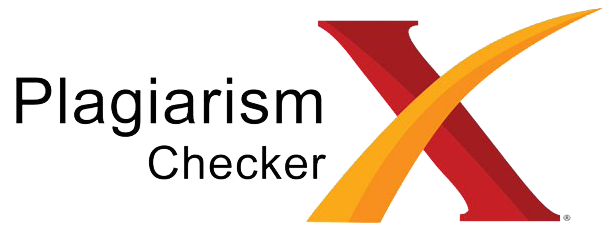MEMBANGUN KONSEP TENDENCY TO FRAUD DALAM KONSEP TRIANGLE FRAUD (SINTESIS TEORI DAN PENELITIAN EMPIRIS YANG RELEVAN)
Sari
Kata kunci : “Triangle fraud, tendency to fraud”.
Teks Lengkap:
Download PDFReferensi
Aidafitri Fauzia, Artha Nasrul (2014), Fraud in government agencies and governmen officials’ behavior: evidence from the press, http://repo.unand.ac.id/4993/1/fauziah%20aida%20fitri.pdf, diakses 7 agustus 2019
AJZEN Icek (1991), The Theory of Planned Behavior, ORGANIZATIONAL BEHAVIOR AND HUMAN DECISION PROCESSES 50, 179-211, University of Massachusetts at Amherst
Ajzen Icek (2005), Attitude Personality and behavior, Mapping Social psychology, series editor, Tony Manstead.
ACPE (2014), Report to the nations accoupasional fraud and ABUSE, global fraud study.
Albercht, W. Steve, Chad O. Albercht, Conan C. Albercht, Mark F. Zimbelman. 2011. Fraud Examination. Mason: Cengage Learning
Cressey, D. R. (1953). Other People’s Money. Montclair, NJ: Patterson Smith, pp.1-300.
Christopher J. Skousen, Kevin R. Smith, Charlotte J. Wright(2009), Detecting and predicting financial statement fraud: the effectiveness of the fraud traingle and SAS No. 99, Electronic copy available at: http://ssrn.com/abstract=1295494
Cohen Jeffrey,yuan ding,Cedric Lesage,Hervey Stolowy (2011), Corporate Fraud and manager’s behavior: Evidence from the Pers, Journal of Business Ethics (2010) 95:271–315 _ Springer 2011 DOI 10.1007/s10551-011-0857-2
David T. Wolfe and Hermanson (2004), The Fraud Diamond: Considering the Four Elements of Fraud, Kennesaw State University DigitalCommons@Kennesaw State University Faculty Publications 12-2004
Dellaportas Steven (2013), Conversations with inmate accountants: Motivation, opportunity and the fraud triangle, School of Accounting, Economics and Finance, Deakin University, 221 Burwood Hwy, Burwood, Victoria 3125, Australia, Crown Copyright © 2012 Published by Elsevier Ltd. All rights reserved
Didi dan Kusuma Indra Cahya (2018), Faktor-faktor yang berpengaruh terhadap kecenderungan kecurangan (fraud): persepsi pegawai pemerintahan daerah kota bogor, Jurnal Akuntansi dan Keuangan Indonesia Volume 15 Nomor 1, juni 2018.
Geertz Cliffortz (1973, The interpretation of culture New York, Basic Books Inc.
Grace Mui and Jennifer Mailley (2015), A tale of two triangles: comparing the Fraud Triangle with criminology’s Crime Triangle, The current issue and full text archive of this journal is available on Emerald Insight at: www.emeraldinsight.com/1030-9616.htm
Jack Dorminey, A. Scott Fleming, Mary-JoKranacher, and Richard A. Riley (2012), Jr, The Evolution of Fraud Theory, ISSUES IN ACCOUNTING EDUCATION American Accounting Association Vol. 27, No. 2 DOI: 10.2308/iace-50131 2012 pp. 555–579
Liu Xiaoding, (2015), Corruption Culture and Coporate Misconduct, University Of OregonEugene OR 97403-1208
Mardalis (1999), Metode penelitian suatu pendekatan proposal.Jakarta Bumi Aksara
Sarwono, Jonatahan (2006), Metode penelitian kuatitatif dan kualitatif, Jogyakarta: Graha Ilmu
Sridhar Ramamoorti (2008), The Psychology and Sociology of Fraud: Integrating the Behavioral Sciences Component Into Fraud and Forensic Accounting Curricula, Issues in accounting education Vol. 23, no. 4 November 2008 pp. 521–533
DOI: https://doi.org/10.37531/mirai.v5i1.603
Refbacks
- Saat ini tidak ada refbacks.



